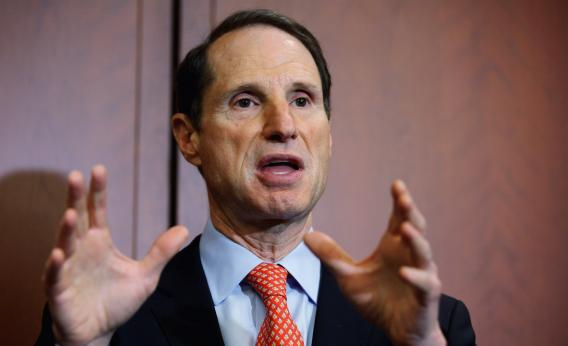Sen. Ron Wyden, D-Ore., sought to increase congressional control over the approval process of the Anti-Counterfeiting Trade Agreement yesterday, Ars Technica reports.
ACTA is an international agreement aimed at enforcing intellectual property rights, not just with physical goods, but also as it applies to the Internet and IT. The treaty formation process has been fairly secretive, as the U.S. Trade Representative, says Ars, “currently insists the president can ratify ACTA without the usual Senate sign-off on treaties. The current legal thinking seems to be that Congress delegated this authority to the executive branch by passing 2008’s PRO-IP Act, which contained a general call to cut down on counterfeiting, etc.” Under this argument, President Obama would be able to sign onto the treaty without congressional input or approval.
Wyden is using the jobs bill currently moving through Congress to gain some control over the treaty decision-making process. He added an amendment that prevents Obama from signing the treaty without a congressional vote.
According to Bloomberg BNA, Congress objects to the law’s application to this treaty because ACTA deals with intellectual property and foreign commerce, two areas over which Congress has control. Wyden’s amendment would “overrule” the USTR position and clearly claim congressional authority. It reads:
[T]he President may not accept, or provide for the entry into force with respect to the United States of, any legally binding trade agreement that imposes obligations on the United States with respect to the enforcement of intellectual property rights, including the Anti-Counterfeiting Trade Agreement, without the formal and express approval of Congress.
A second amendment that Wyden added seeks to make the treaty formation process more transparent. This one demands that the president make information related to treaties on intellectual property available to the public. It would make the process more open and prevent controversy-stirring leaks of treaty material in the future.
Though ACTA has not received the same amount of media attention as SOPA and PIPA did, Wyden is not the only person who has expressed concern over the treaty. Multiple organizations have issued warnings about ACTA, including the Electronic Frontier Foundation. La Quadrature du Net, and Public Knowledge.
